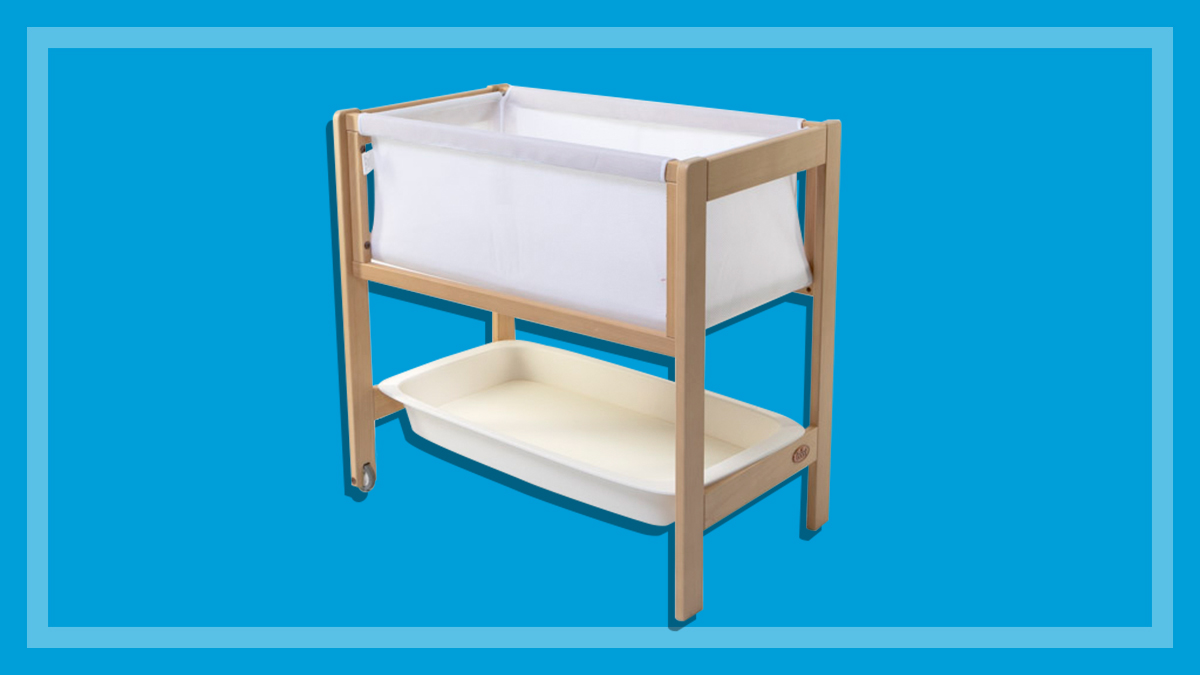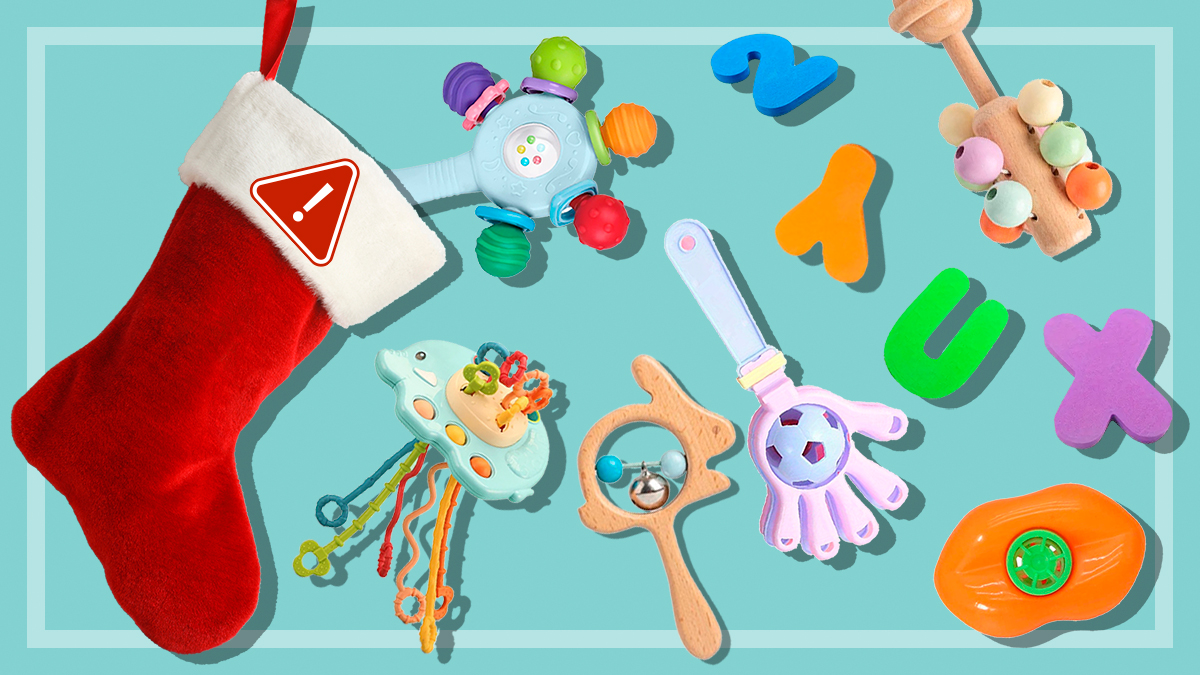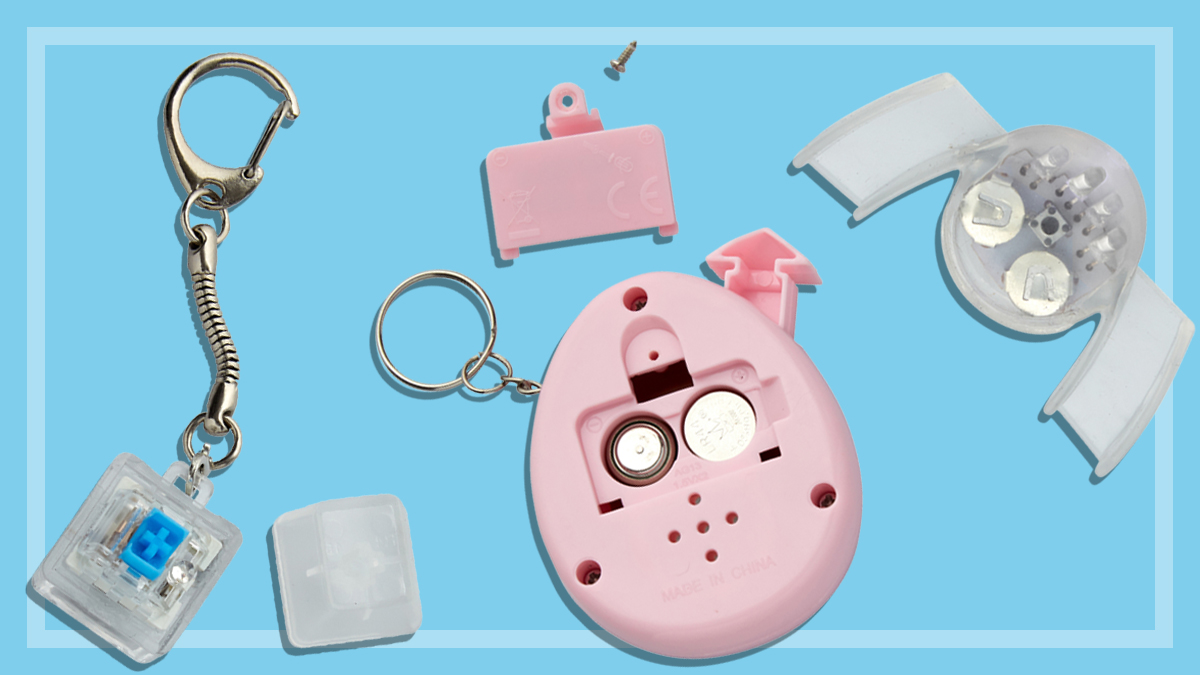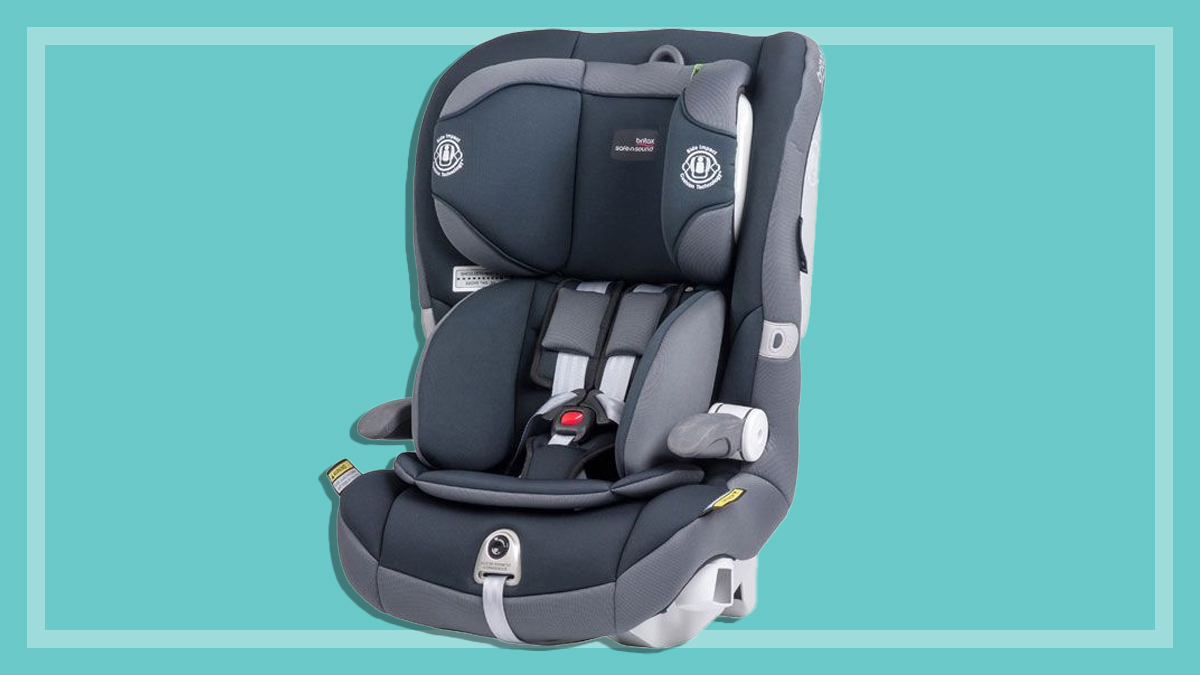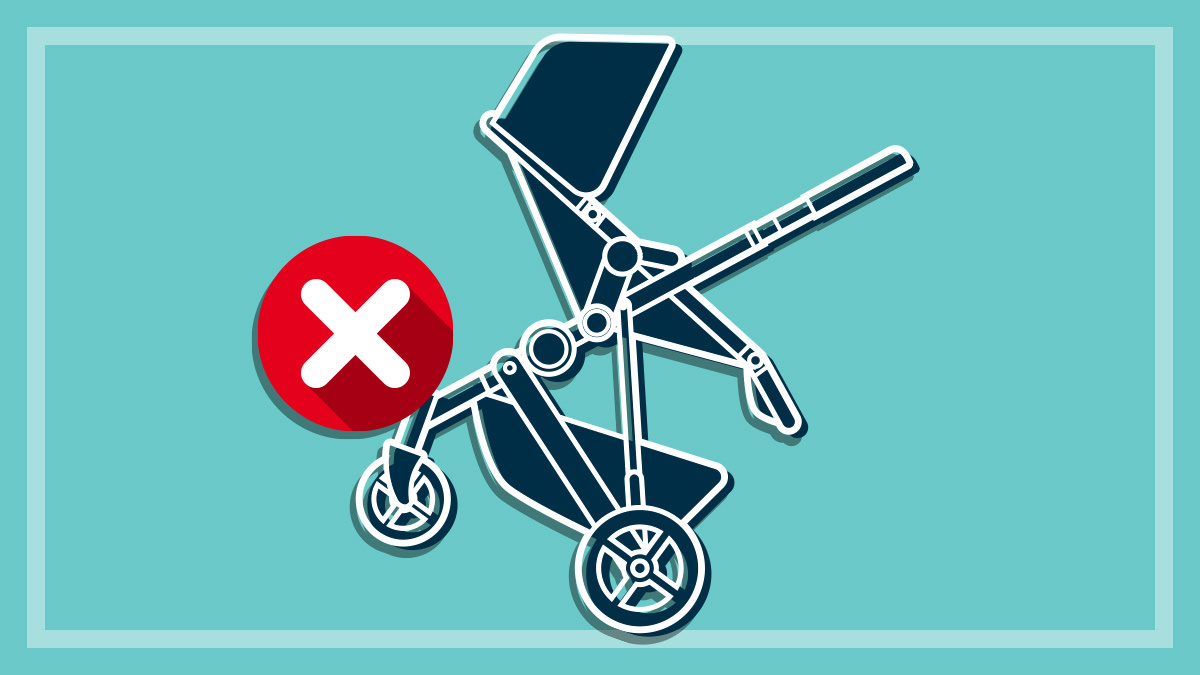Get our independent lab tests, expert reviews and honest advice.
Do you need a doula?
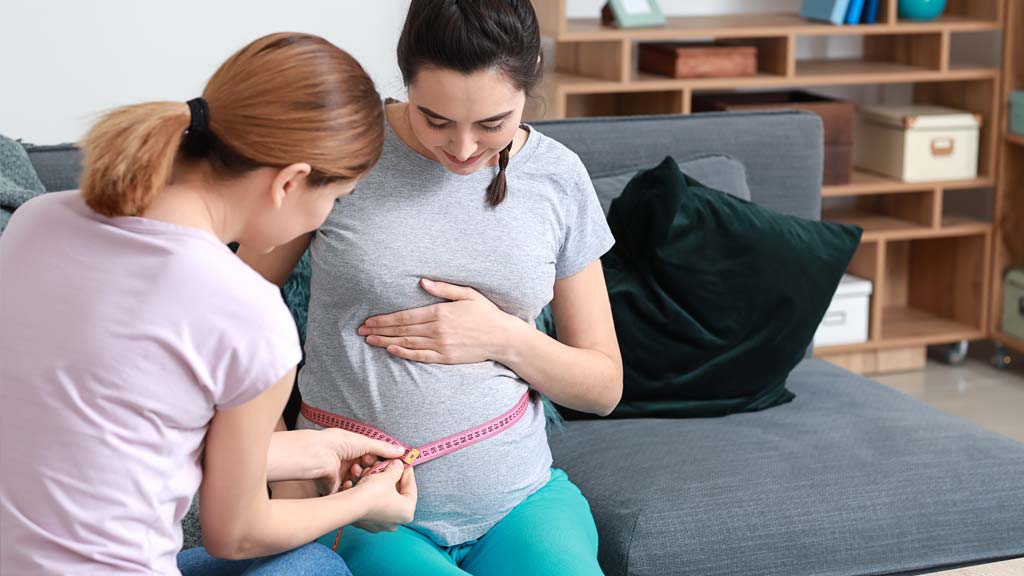
When it comes to childbirth there’s plenty of advice, but it can be hard to untangle your options – and one that you may be hearing about is using a doula.
A birth doula is somebody who provides non-medical support during pregnancy, birth and the postnatal period. (There are also other types of doulas, including bereavement doulas and end-of-life doulas.)
The term hit the news recently with the rumour that the Duchess of Sussex Meghan Markle was using a doula.
But what does a doula do exactly, and do you need one?
What is a doula?
What does a doula do, exactly? While services vary, birth doulas generally provide the following:
Antenatal support
Usually the doula will meet with the pregnant woman a number of times before her due date to provide information on labour and birth, help formulate a birth plan and discuss feelings surrounding the birth. These meetings also serve the purpose of establishing trust and rapport prior to labour.
Physical support
During labour, a doula may help the woman into new positions, perform massage, coach breathing techniques and sometimes offer other complementary therapies like reflexology and aromatherapy.

Emotional support
According to the founder of the Australian Doula College, Renee Adair, the most important role of a doula is that of an emotional support person.
“Doulas provide a continuous presence throughout the labour, using encouragement and reassurance to help women feel safe and empowered,” she says.
Medical liaison
Doulas may also act as a liaison for their client when interacting with medical staff by communicating the woman’s birthing preferences and translating medical terminology.
Postnatal support
Postnatal assistance can include providing information on newborn care and breastfeeding, offering emotional support and performing practical tasks like cooking and cleaning.
Adair describes this role as “offering a soft landing place for the transition to home during the challenging first few days and weeks.”
How much does a doula cost?
Depending on experience and level of service provided, costs usually range from $800 to $2000, with student doulas available for much lower rates. The cost usually includes one or more visits during pregnancy and after birth as well as attendance at birth.
Is a doula covered by private health insurance?
No, doulas are not covered by Medicare or private health insurance.
Do you need a doula?
Although they’re not essential, a doula can be a useful support person during pregnancy, birth and the postnatal period, especially if you require extra emotional or practical support.
Here are some of the benefits of using a doula.
Improved birth outcomes
Research suggests that both continuity of care (seeing the same caregiver throughout pregnancy, birth and the postnatal period), and the presence of a dedicated support person throughout labour improve birth outcomes for both mother and baby.
A 2017 review of international research found that women with continuous support (such as a doula) throughout labour may have a shorter labour and may be less likely to have:
- medical pain relief
- caesarean birth
- instrumental delivery (e.g. forceps)
- a baby with a low five‐minute Apgar score (a measure of a baby’s health directly after birth).
More positive birth experiences
Numerous studies have identified doula care as assisting women to have positive birth experiences. There’s also evidence that doulas provide valuable support to husbands/partners.
Case study: A positive birth story
After having a caesarean with her first pregnancy, Shandel was referred to a local doula by her doctor for her second birth. Shandel met with her doula several times to discuss her birth plan, attend birthing classes and receive pregnancy massage. When she went into labour her doula met her at the hospital.
“She was there the whole time, massaging me, offering the TENS machine, making sure the room was peaceful and calm,” she says.
“She was my voice in the birthing room. I didn’t have to think about anything because she was advocating for me, making sure everything was the way I wanted it to be.”
She took away the fear, made me feel nurtured and gave me the confidence to birth the way I wanted to
While this practical assistance was helpful, Shandel found the doula’s emotional support the most valuable.
“She took away the fear, made me feel nurtured and gave me the confidence to birth the way I wanted to,” she says.
Shandel credits this support with allowing her to avoid medical pain relief and says she couldn’t recommend a doula highly enough.
“The medical system focuses on the baby, but I think you should use a doula for you – to empower you, to take care of you as a mum and to give you the confidence to birth the way you want to,” she says.
Are there any risks?
There are very few safety risks associated with doula care during a hospital birth. According to obstetrician Dr Judith Gardiner, as long as your doula respects the limitations of their role, there shouldn’t be any risks at all, even during a complicated birth.
“A doula’s support may actually be more important during a high-risk pregnancy and delivery, [than during a low risk birth],” she says.
A doula’s support may actually be more important during a high-risk pregnancy and delivery
Hannah Dahlen, professor of midwifery at the University of Western Sydney, says the main risk is the doula overstepping the boundaries of their role by trying to perform clinical tasks or give medical advice, especially in a home birth setting.
“It’s very important that women understand doulas are not midwives and they have no medical training,” she says. “If you’re having a home birth, a trained midwife should always be present.”
Case study: A disappointing doula
While a doula is unlikely to do much harm there’s always a risk that they may not be particularly helpful.
Rheannon hired a doula to support her to have a natural second birth after having an emergency caesarean for her first.
Cost was a consideration, so she contacted a well-known company and chose one of their less experienced but more affordable doulas. During their antenatal sessions, Rheannon began to feel she knew more than her doula did about natural birth after a caesarean.
“I found it a bit disappointing – I thought it was going to be an awe-inspiring relationship, but it just wasn’t.”
I thought it was going to be an awe-inspiring relationship … all she did was put oils on my ankles
During her labour, Rheannon says her doula did nothing to make the birthing room calm and comfortable and offered little practical or emotional assistance.
“All she did was put oils on my ankles and try a little acupressure,” she says.
Without the encouragement she needed, Rheannon says she “just gave up” and got an epidural and eventually a caesarean, which she now believes wasn’t necessary.
“I had nobody there saying ‘you don’t have to do this’, encouraging me to keep going.”
Her doula didn’t go with her into the operating theatre and she left before the baby was born.
Although she says she felt “ripped off”, Rheannon still thinks using a doula could be worthwhile.
“I’d suggest to interview her first and find someone you connect with.”
How to find a doula
Anyone can legally call themselves a doula because the profession isn’t regulated, so finding a doula through a reputable organisation is your safest bet.
The Australian Doula College offers a personalised matching service, while SheBirths and Doula Network Australia provide doula directories. You can also ask your doctor or midwife if they have any recommendations.
Once you have a doula in mind, set up an interview to find out:
- how many births they’ve attended
- what skills they have (e.g. massage, acupressure)
- what services they offer
- if they can show you testimonials from past clients
- what qualifications they have (the highest doula qualification is a certificate IV in Doula Support Services)
- how well you get along with them.
Are doulas welcome in hospitals?
According to Dahlen, doulas are usually very welcome in public hospitals and most midwives and doctors appreciate the extra assistance they provide. However, she notes that doulas are less welcomed by obstetricians in private hospitals.
Obstetrician Dr Gardiner disagrees, saying that she’s never worked in a hospital where doulas weren’t welcomed.
“If a woman’s wish is to have a doula present I don’t think any hospital would discourage that,” she says.

A profession on the rise?
While there are no published statistics on the number of practicing doulas or women engaging doulas in Australia, Adair and Dahlen estimate that both are on the rise.
Adair believes the current medical system doesn’t provide the continuity of care or emotional support birthing mothers want and need.
“Doulas are filling a gap where the medical profession falls short,” she says.
Dahlen, too, points to the “broken maternity system” as the reason for the upward trend in doula care, noting that despite clear evidence of its benefits, only eight percent of women in the public system currently have access to continuity of midwifery care.
Doulas are filling a gap where the medical profession falls short
Her research suggests the fragmented nature of the current medical system is preventing midwives from providing woman-centred care, and doulas are now providing many of the non-medical services traditionally performed by a midwife.
Gardiner believes doulas are becoming trendy and they aren’t a necessity.
“As long as you pick the right model of care and have a supportive family member or partner to help you, you might not need the extra support of a doula,” she says.

